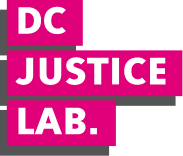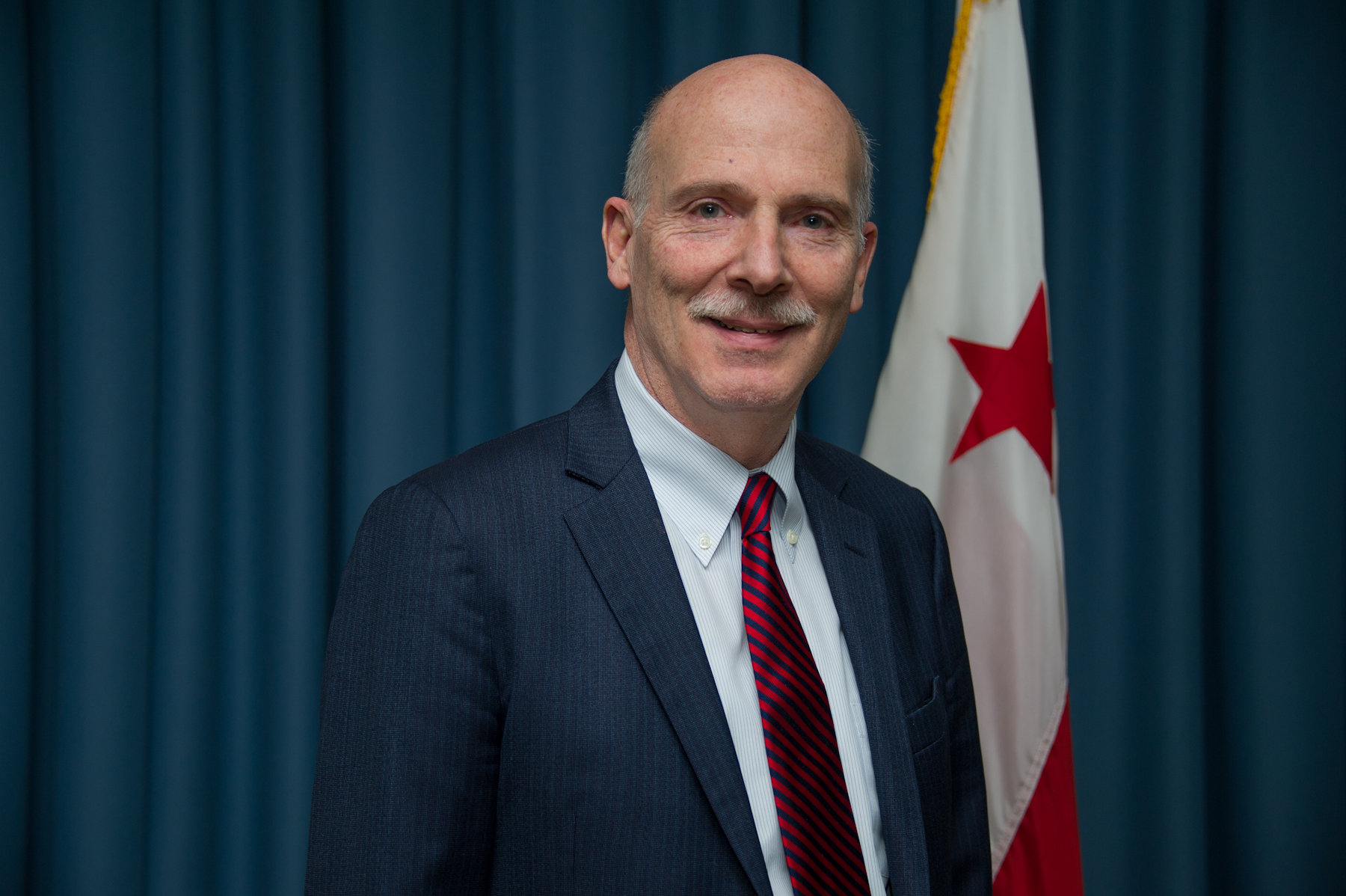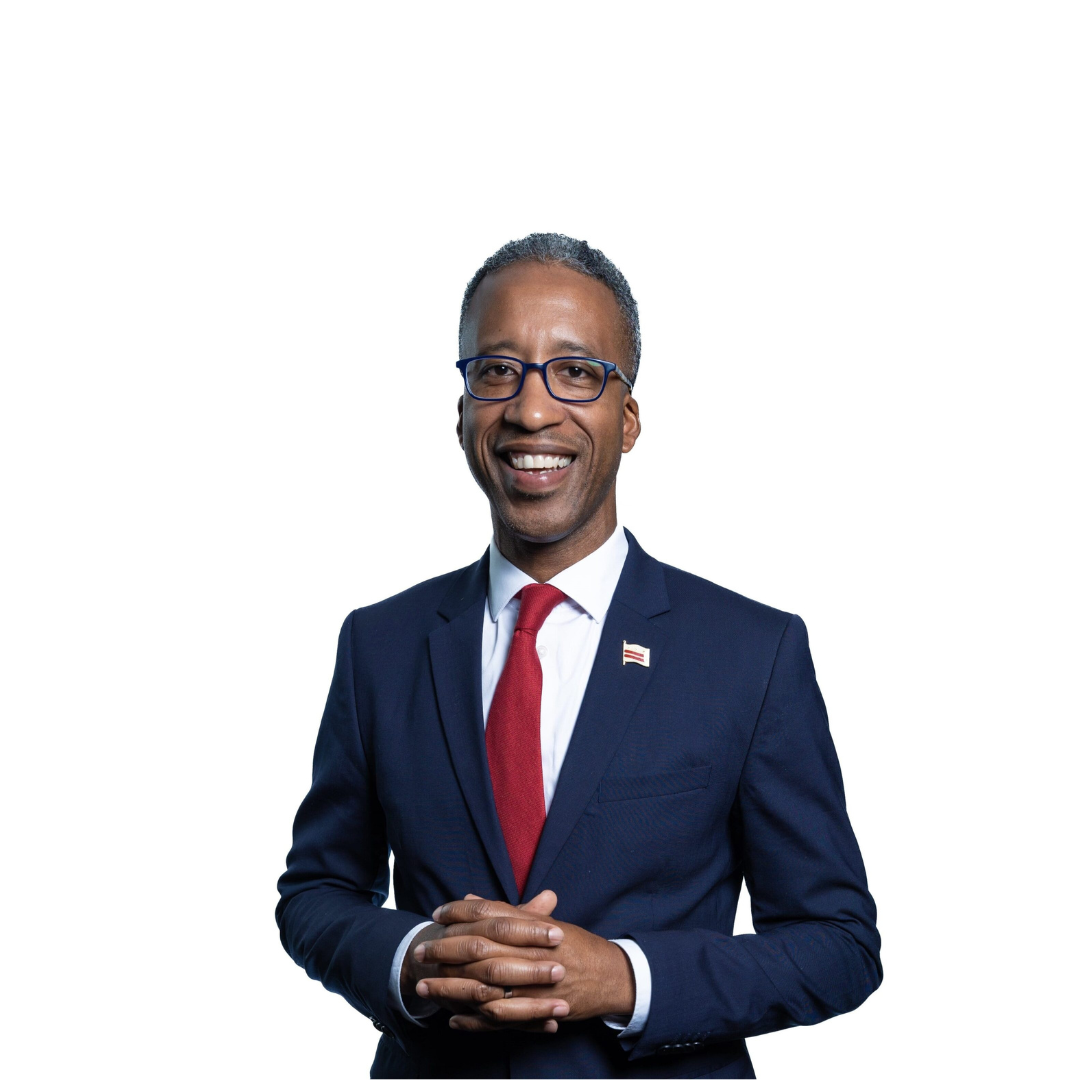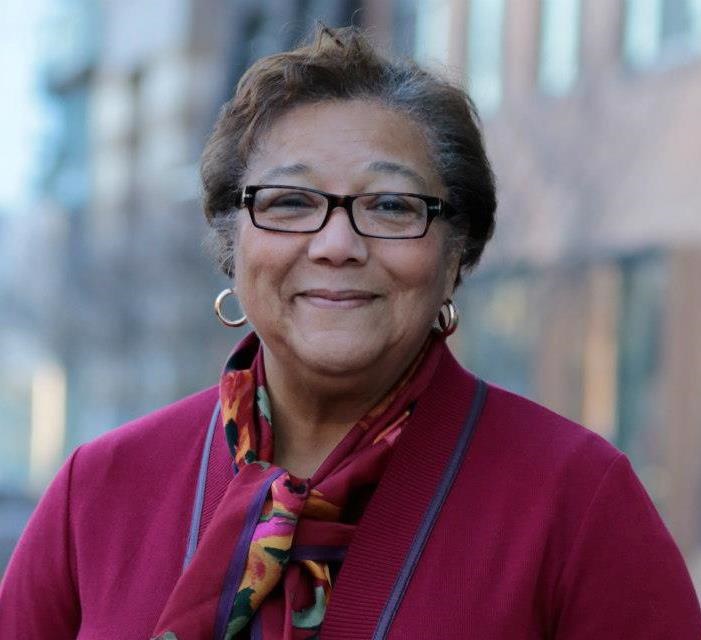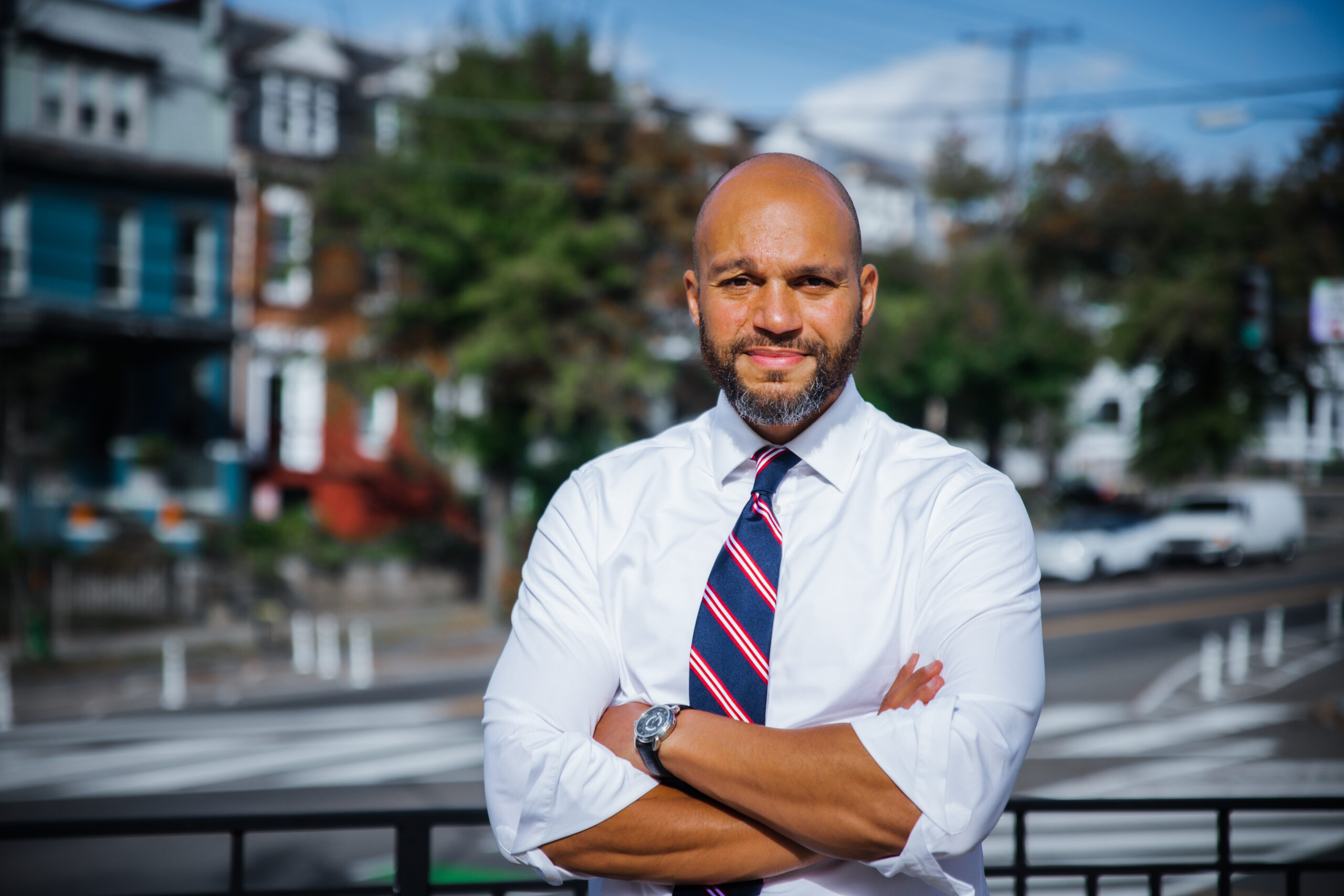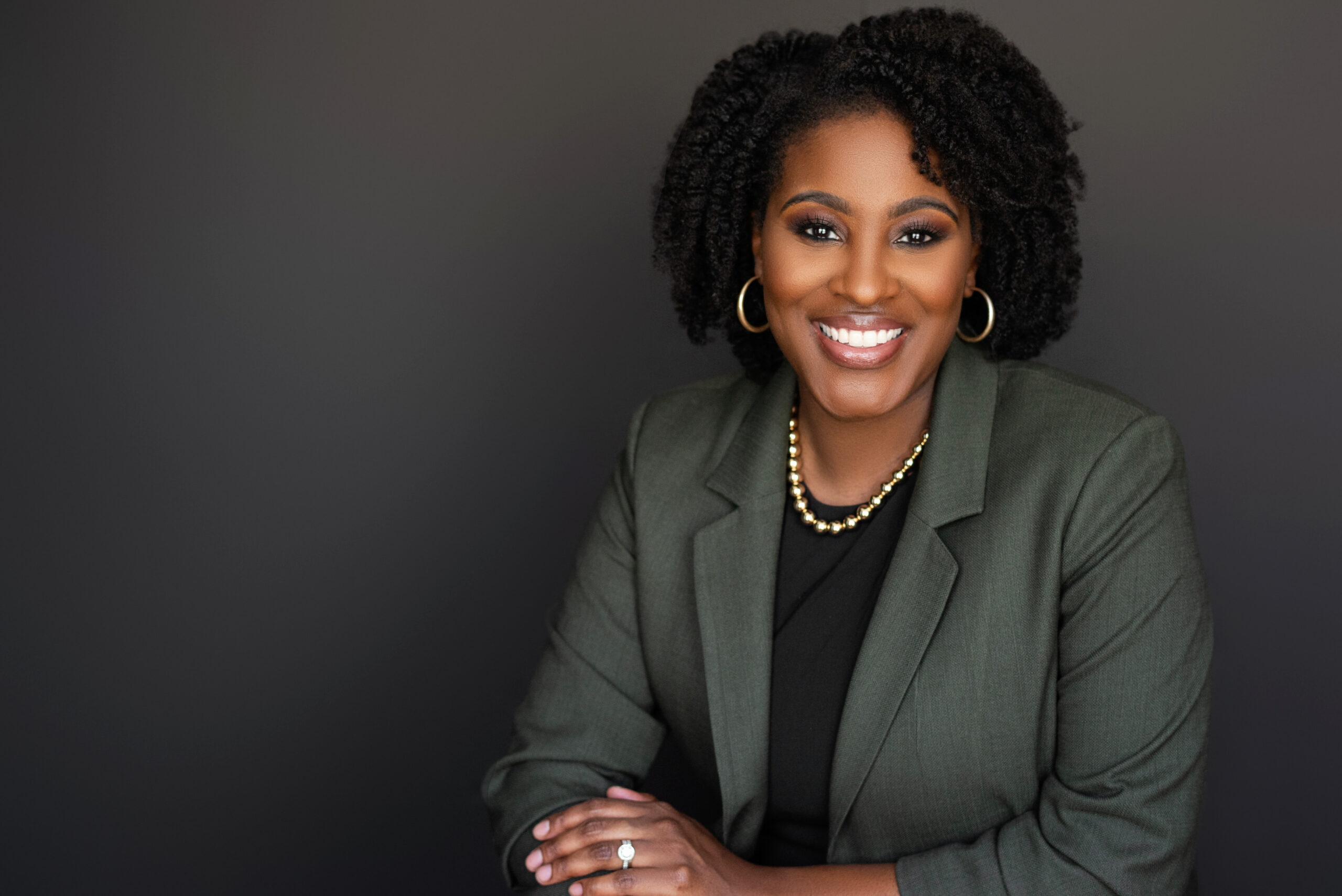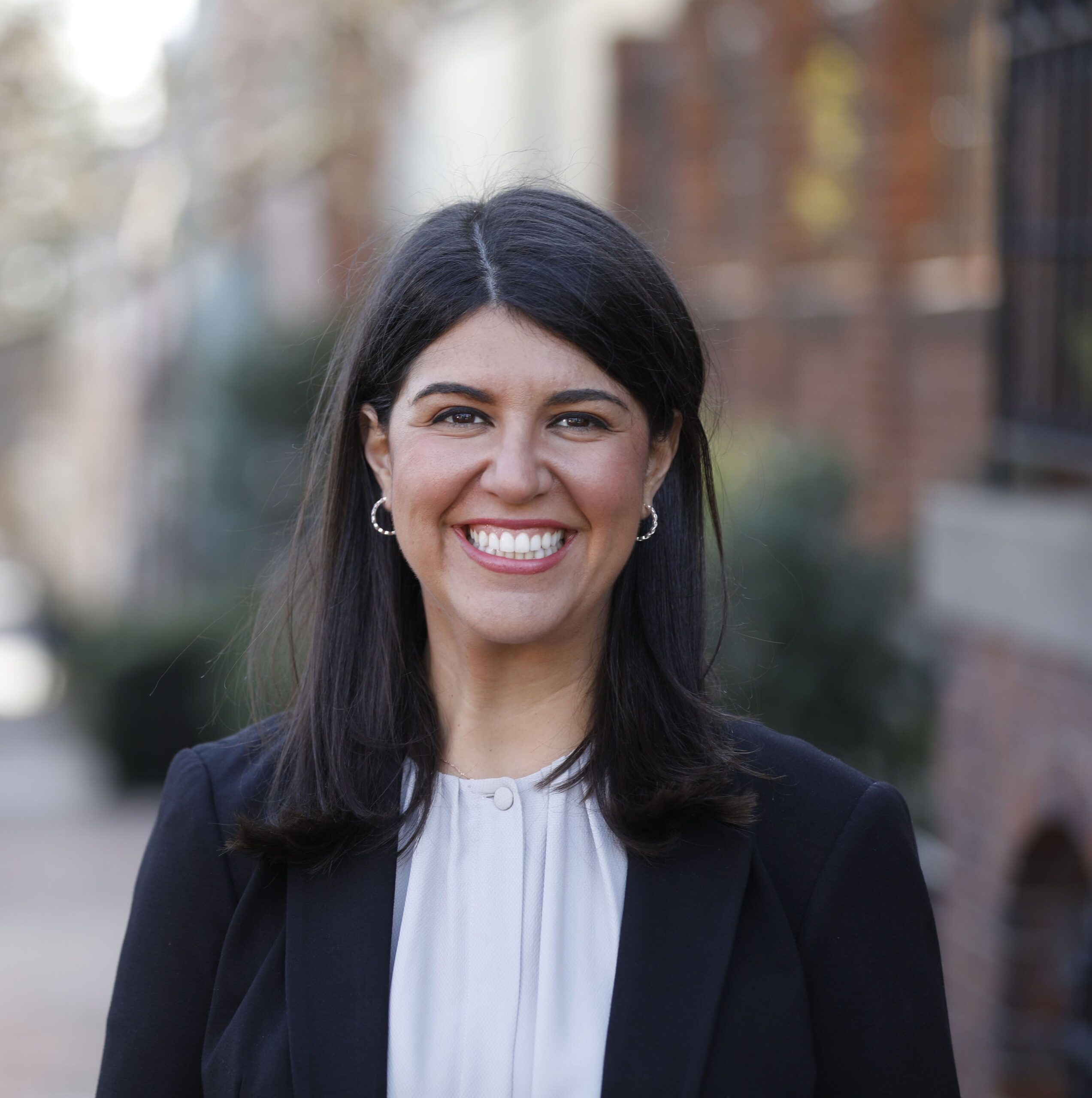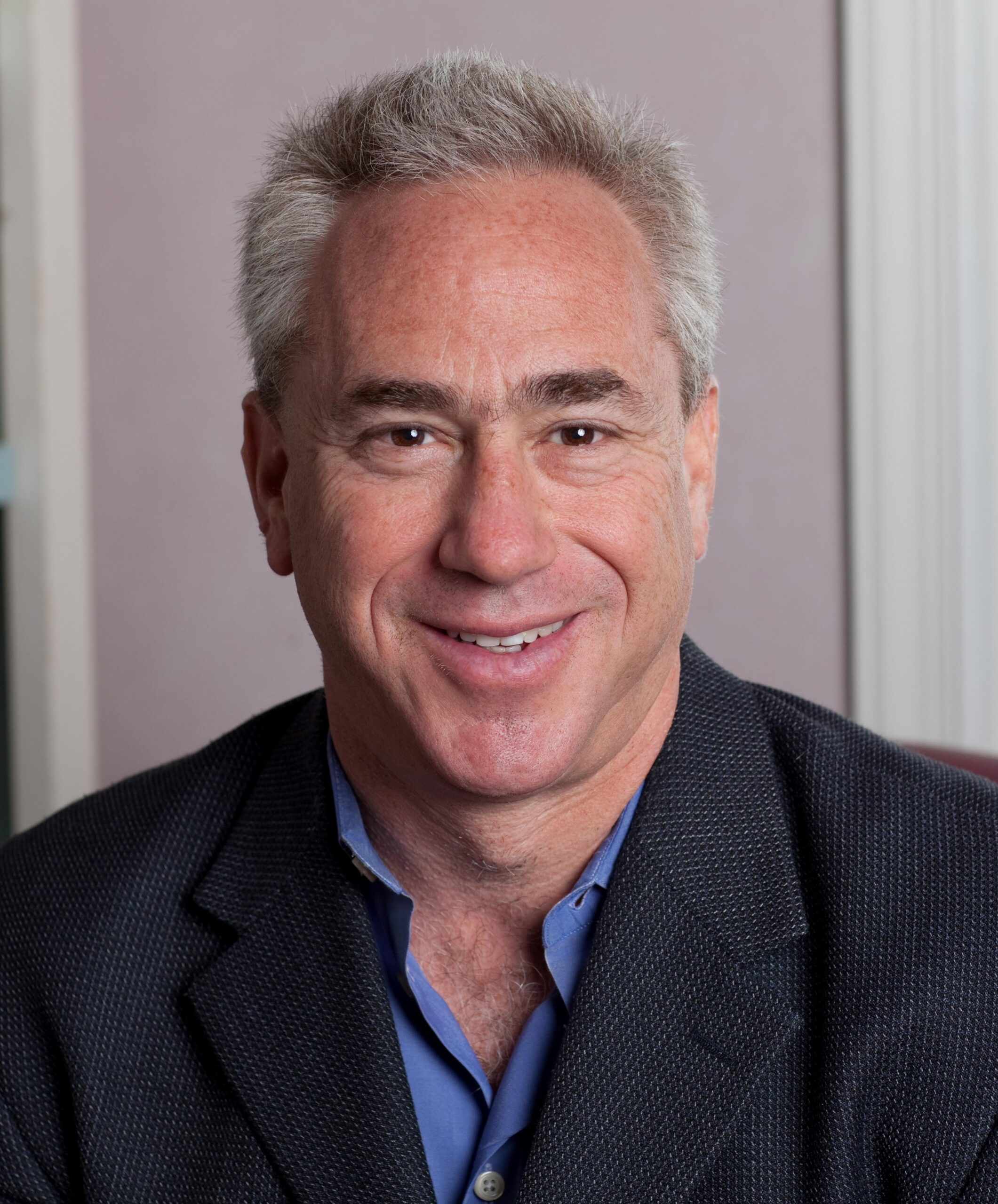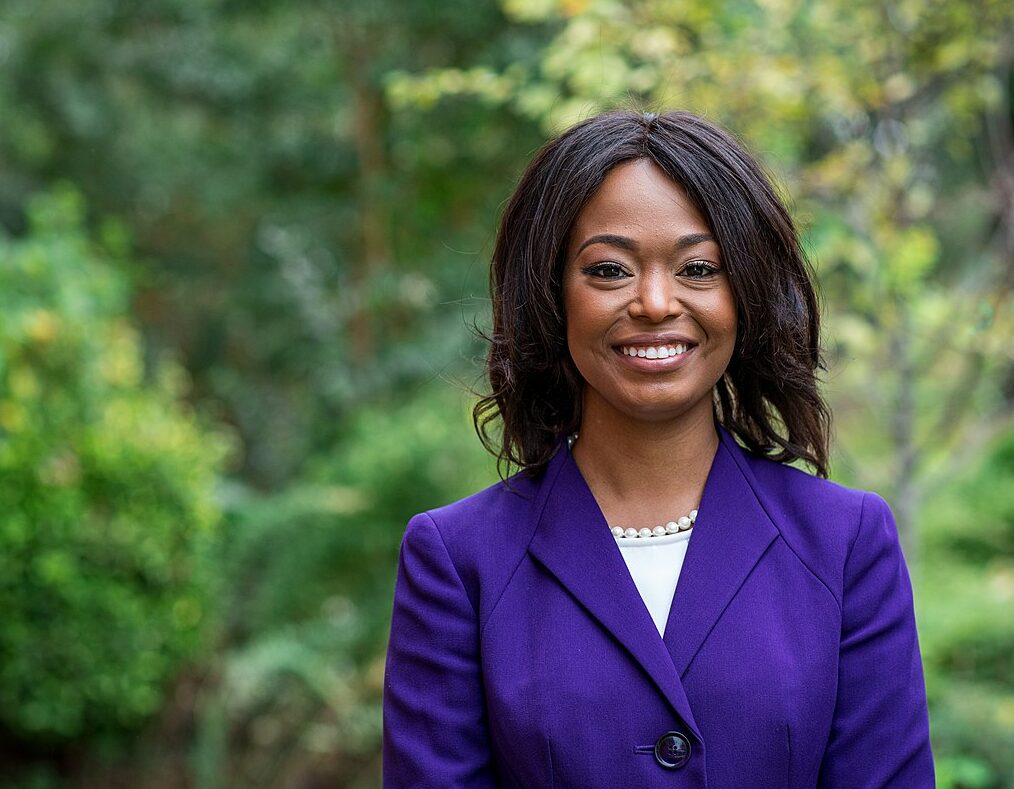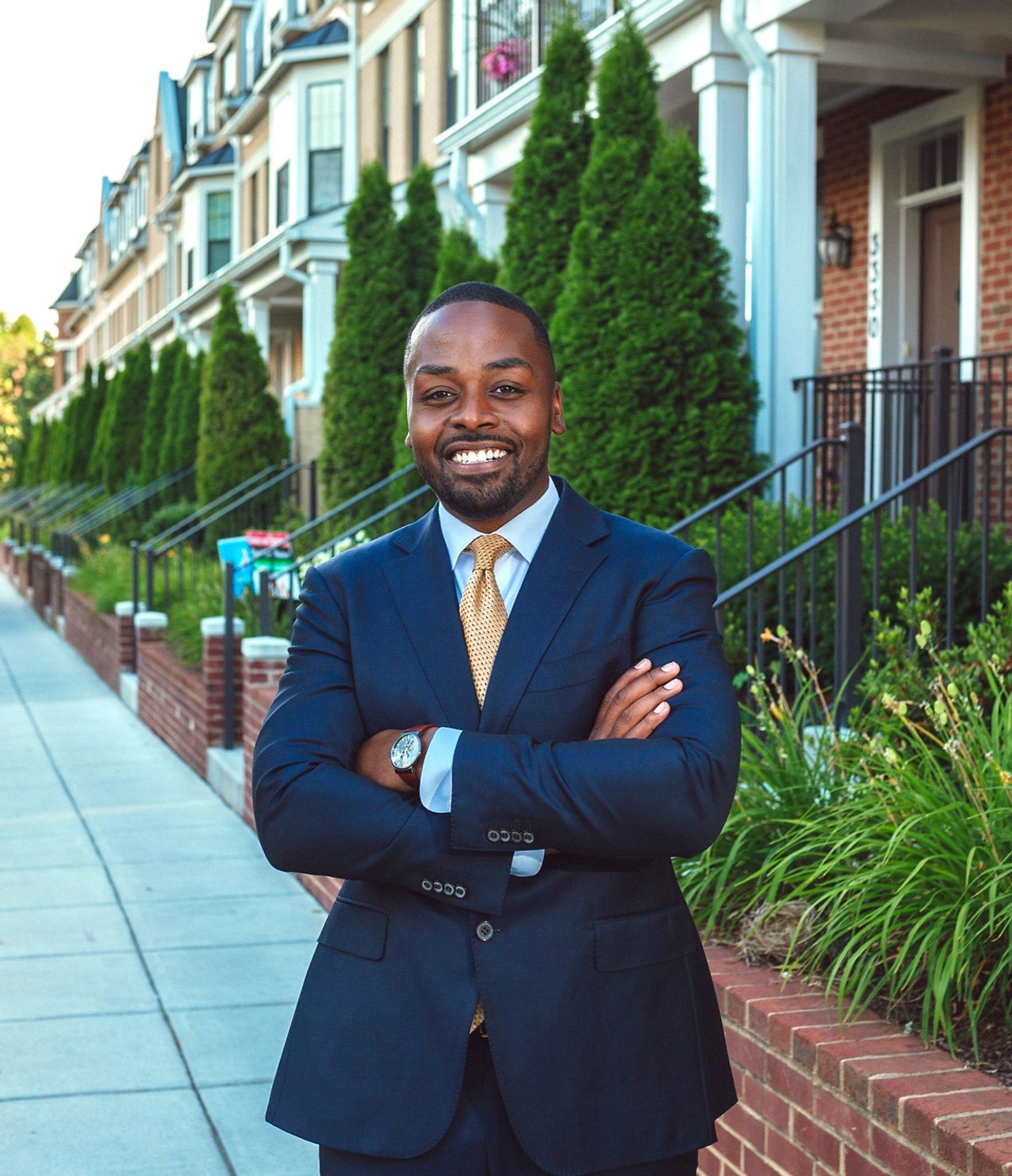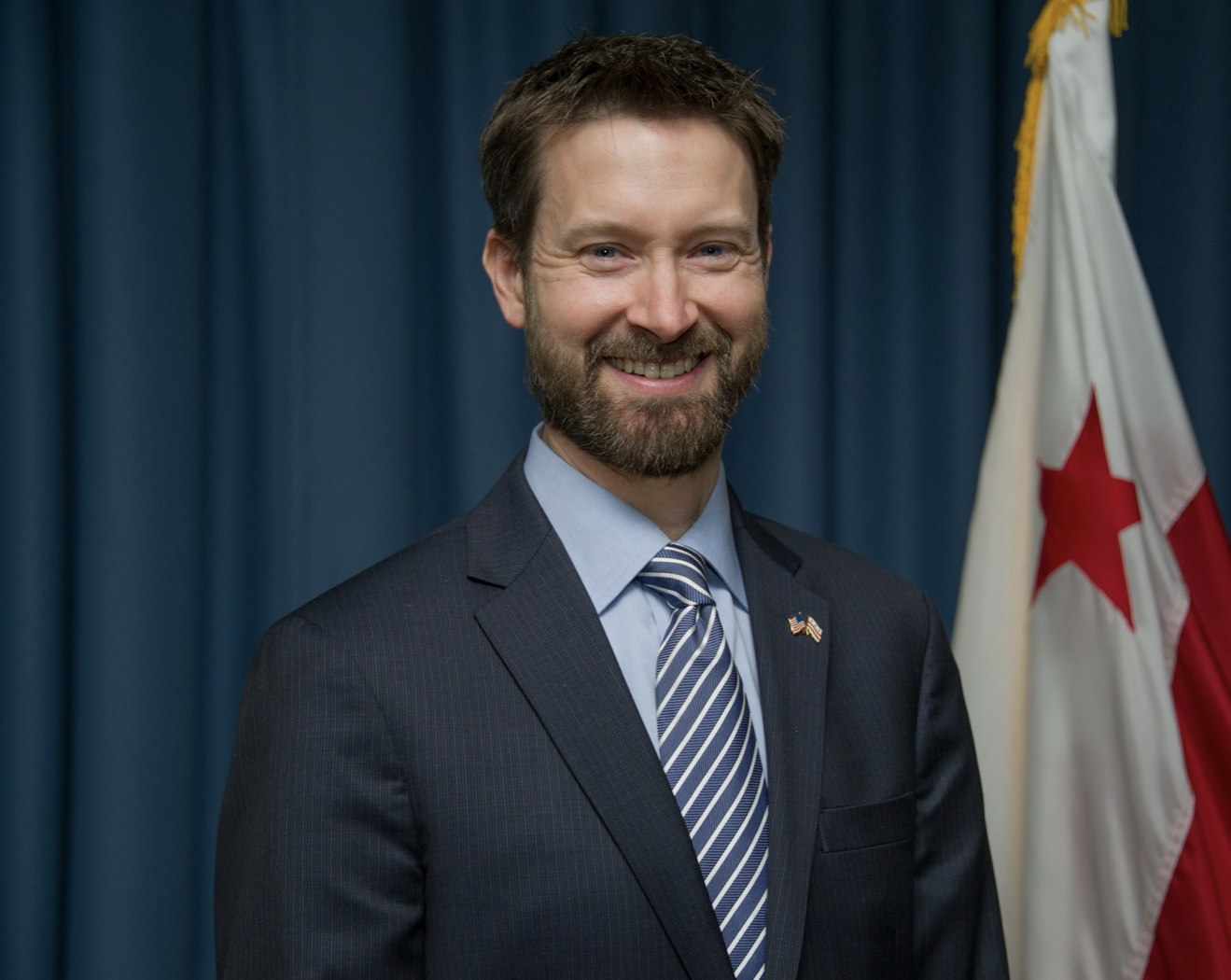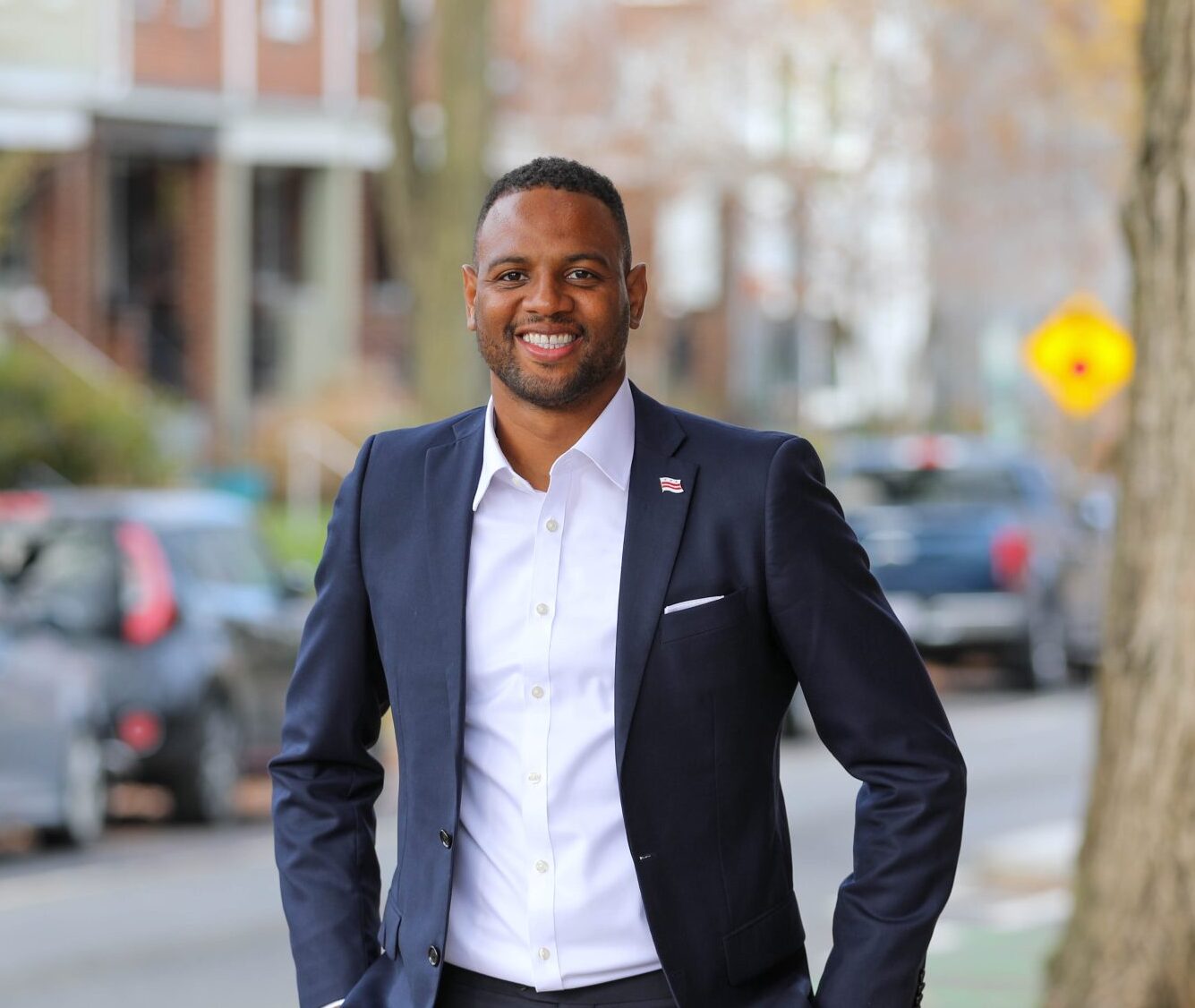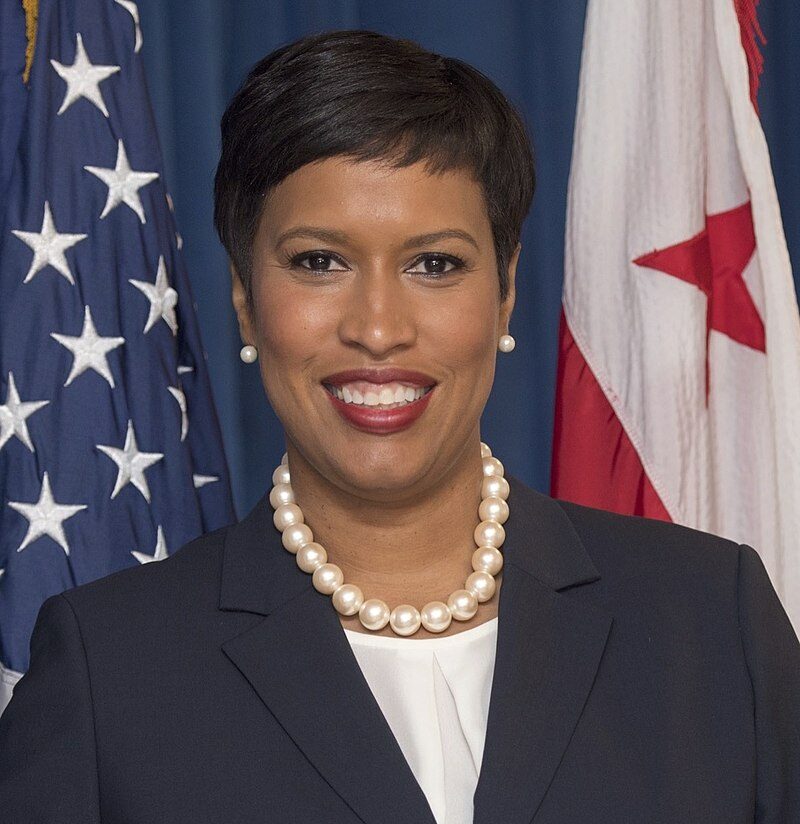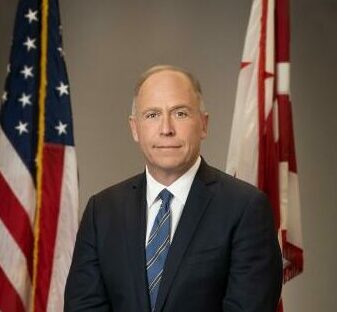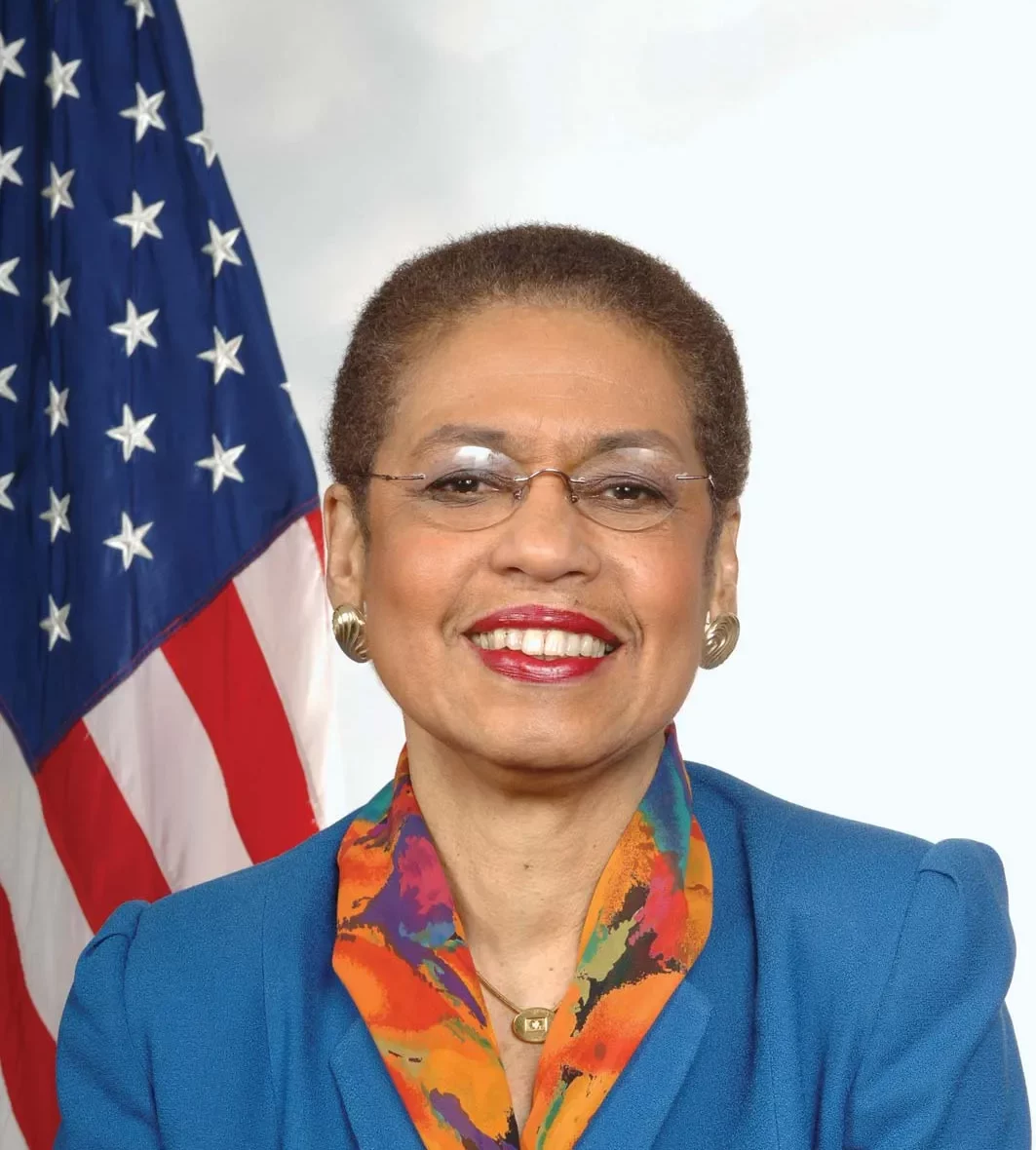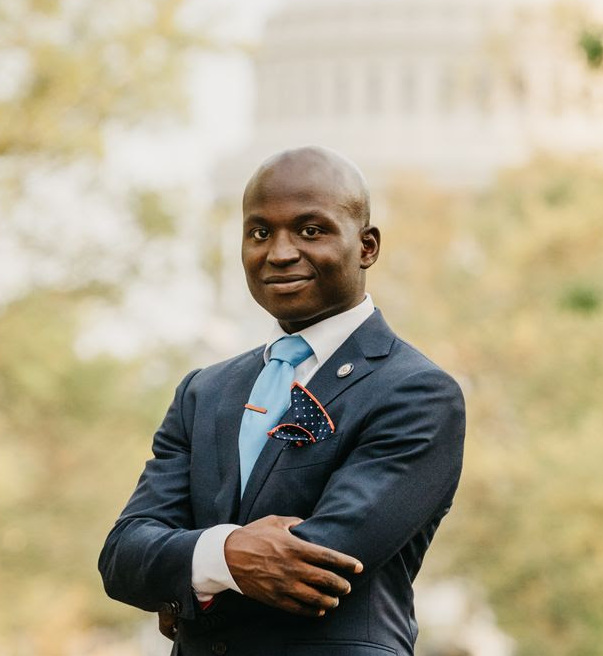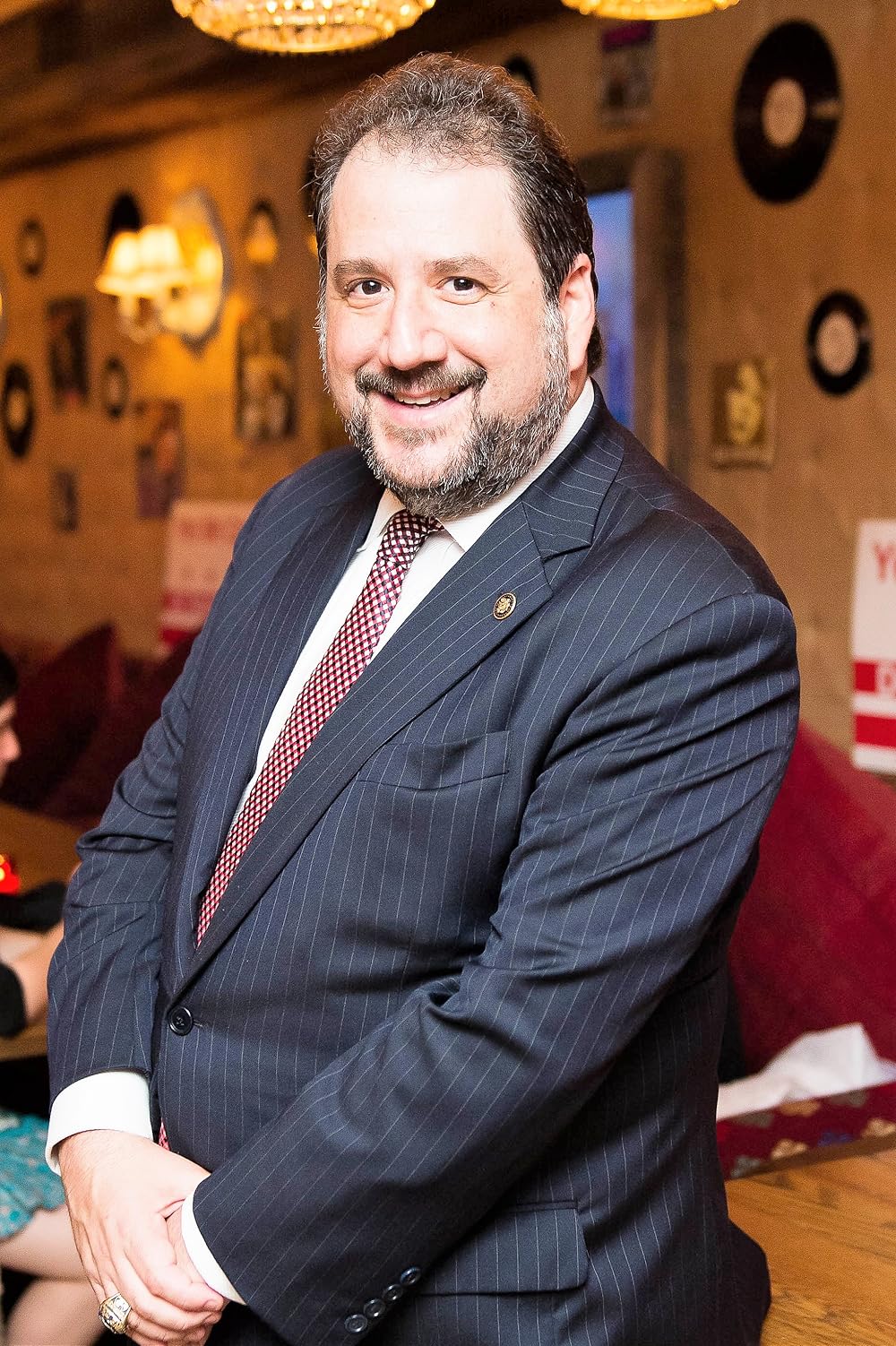
Who are the lawmakers?
Who are the key lawmakers, and how do they fit into the process?
The Council of the District of Columbia
There are 13 Councilmembers. Of these 13, eight represent individual Wards, and five are elected at large to represent the whole District. One of the at-large members is the Chairperson of the Council and has additional power and responsibilities. These members review and amend the Mayor’s budget, oversee the performance of District agencies, and propose new laws or changes to laws.
Chairman
Chair Pro Tempore
At-Large
At-Large
At-Large
Ward 1
Ward 2
Ward 3
Ward 4
Ward 5
Ward 6
Ward 7
Mayor of the District of Columbia
The Mayor is the Chief Executive for DC, like a Governor would be in a state, and is elected every four years. The Mayor has direct oversight of DC run agencies and departments, like the Metropolitan Police Department, the Department of Corrections, and the State Board of Education. The Mayor has staff that help oversee these agencies, and has the power to hire and fire these leaders. The Mayor cannot introduce bills themselves, but they can ask the chairperson to introduce bills on their behalf. The Mayor can also offer feedback on bills and has ten business days to review every bill passed by the Council. The Mayor develops a budget that’s close to $20 billion every year. The Council reviews the budget and can move money around within it between departments and agencies.
Attorney General for the District of Columbia
In 2010, DC voted to change the practice of having the mayor appoint the Attorney General to having this office elected by all DC voters. The Attorney General independently runs their office and is responsible for representing the District in legal matters that involve the government, and prosecuting juvenile crimes and some misdemeanor offenses.
Advisory Neighborhood Commissions
There are currently 46 Advisory Neighborhood Commissions (ANCs). Across these 46 ANCS, there are 346 elected ANC Commissioners. These 346 Advisory Neighborhood Commissioners are elected, unpaid advisors on policy issues in their communities. These ANC Commissioners each represent about 2,000 people. While they are not required to follow the ANCs’ advice, many District agencies are required to give the ANCs’ recommendations “great weight.” An ANC can make a recommendation to Council around legislation or budget priorities, and sponsor resolutions, like when ANC3E voted to support the Police Reform Commission recommendations. In two elections, two ANC commissioners have been elected from the DC Jail, and represent people in the jail on constituency issues.
Congress
DC residents elect a delegate to the US House of Representatives. Congresswoman Eleanor Holmes Norton cannot vote on final passage of legislation but can vote on amendments in the Committee of the Whole, and serve on committees. DC residents also elect two shadow Senators, and one shadow Representative. They have no official power locally or federally, but are important voices as advocates for Statehood.
State Board of Education
DC also elects nine representatives to the State Board of Education – representatives of each of the eight wards and one at-large representative – to advise on policy for our education system, like when the board voted to have police-free schools.


